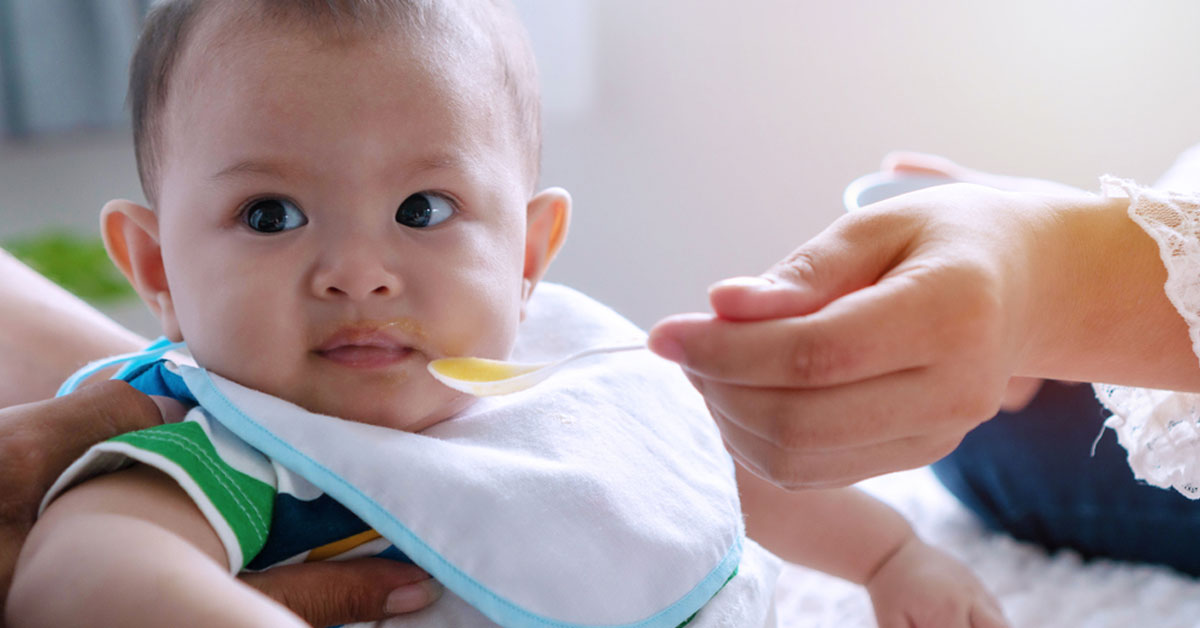A two-month-old baby from Jakarta has passed away, after being fed two teaspoons of mashed banana.

How? That was a question that the mother of the unfortunate girl had to ask herself as well.
Too Young
The mother fed her infant mashed bananas not knowing that toddlers below the age of four to six months are not supposed to consume solid food.
This is because their digestive tract has not fully developed, nor have they fully developed the ability to swallow.
According to MayoClinic, babies are recommended to only be breastfed before they are six months old, but are probably capable of starting out with a little bit of solid food at four months.
A two-month old, however, is too young.
What happened
The young mother fed both her twin babies two teaspoons of mashed banana and went to sleep.
To her horror, she discovered the next morning that one of her newborns had died. She then immediately brought the other child to a clinic for treatment.
The clinic promptly called the police on the woman, suspecting foul play. The police took her in for questioning.
The police concluded that this was not a deliberate act and chose not to charge the woman with any crimes.
The newborn that perished was found, in the autopsy, to have a slice of banana stuck in her respiratory tract.
In Indonesia, she could have been charged with negligence that caused death, but she was lucky that she was not.
Responsibilities
Everyone has responsibilities, especially parents. It may be near impossible to keep up with every demand, but ensuring the safety of a child is expected.
Surely, the young mother must be feeling the brunt of the pain and guilt.
That however, does not diminish how important it is for her and for other young parents to understand their responsibilities.
“Her twin is alright, but the elder sister choked, maybe it was her fate?” the woman said.
“I only gave them two baby spoons each, it is not like I force-fed them the whole banana.”
These were statements allegedly made by the mother in the aftermath of the incident.
But these statements shirk the guilt of negligence from the perpetrator to ‘fate’, or that it was ‘unexpected’. However, the only one who made the decision and did not care enough to learn what food is suitable for a child was the young mother, and blaming other imaginary factors is not right or seemly for a grieving mother.
Let us hope with the advent of this case, more parents will start taking better care of their children, and prevent another tragic incident.



